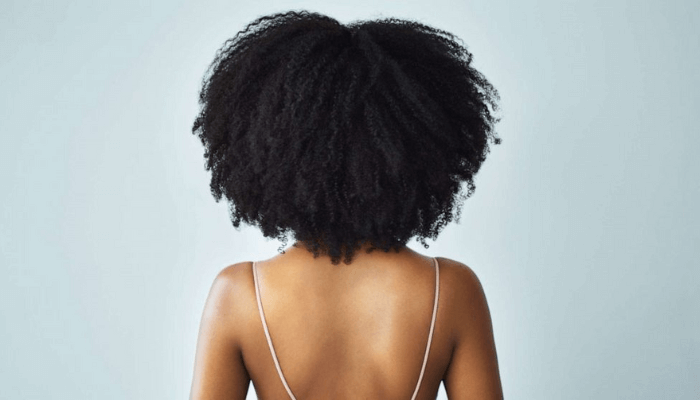Corporate boardrooms in the heart of buzzy, sleepless Lagos are animated not just by power suits and board resolutions, but by the quiet confidence that comes from embracing the beauty of nature.
Meet Temirola, a successful business executive who leads her company’s weekly meetings. Her crown? A cascade of shiny, untreated virgin hair that she wears with pride.
More than just a fashion statement, Temirola’s choice to maintain her virgin hair is part of a larger trend sweeping Nigeria’s elite and corporate class women, celebrating her African roots and incorporating years of chemical treatments, wigs, and more. , a return to natural beauty that rejects knitting.
Virgin hair is back and has brought with it a number of sub-trends that have far-reaching implications for the Nigerian fashion and beauty industries.
Boom and demand for natural hair care products
At the heart of this trend is a surge in demand for natural hair care products like shea butter, which is making an incredible comeback. Shea butter has been a staple in many Nigerian households for decades, but the shea butter industry is now one of the fastest growing sectors, driven by this movement to care for virgin hair.
Artisans in the northern region of Nigeria, where shea nuts are harvested, have found themselves at the center of this beauty revolution. Their handcrafted unrefined shea butter is popular with salons and beauty enthusiasts alike.
What’s interesting is that a small niche industry is emerging that caters to the natural hair movement. Once considered outdated, the use of indigenous oils such as coconut, baobab and argan oil is now back in fashion, with the market estimated to reach billions over the next five years.
According to local traders in Balogun market, the demand for these products has quadrupled in the past three years as a growing number of educated consumers want to know exactly what is in their hair treatments. I’m doing it.
Also Read: 8 Stylish and Affordable Hairstyles for Women in a Time of Inflation
But perhaps what makes this trend so appealing is that it carves out a unique space for traditional methods.
Once a vestige of rural hair care, steaming hair with herbs and clay is now part of high-end spa treatments in Lagos and Abuja. Our specialty salons offer “virgin hair maintenance” that combines modern technology with age-old recipes passed down through generations.
Interestingly, research shows that this trend is also deeply connected to the psychology of identity, with women, especially in high-pressure environments, using their natural hair as a means of self-expression, individuality, and authenticity. I am proud to say, “This is who I am, and I am unapologetically African.”
What is also less known is that this movement is not only about beauty, but also about sustainability. By turning to locally sourced shea butter and oils, Nigeria is inadvertently promoting a greener beauty industry.
Unlike chemical-laden imported products, these local ingredients are biodegradable and less harmful to the environment, creating a ripple effect that goes beyond just your hair.
Virgin hair has real meaning as a symbol of empowerment and self-love, and its ripple effects are felt in unexpected places, from rural shea butter farms to high-end urban salons.
And for women like Temirola, each strand of virgin hair represents something much deeper than mere beauty. It is about reclaiming our identity in a world that has long defined us as not.

